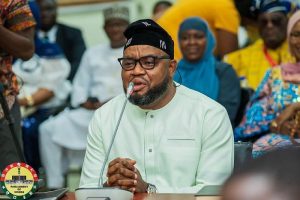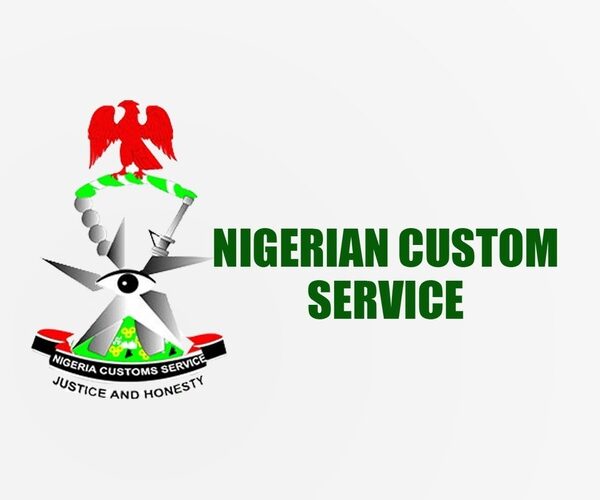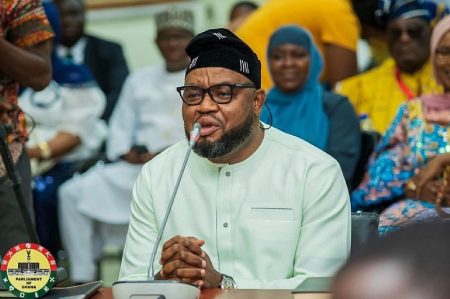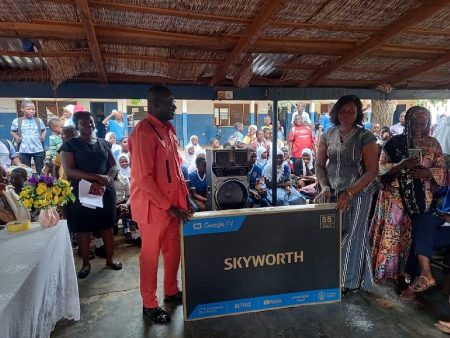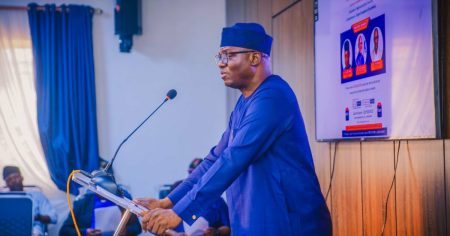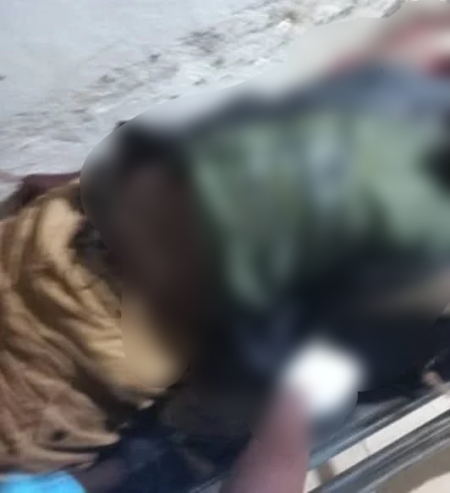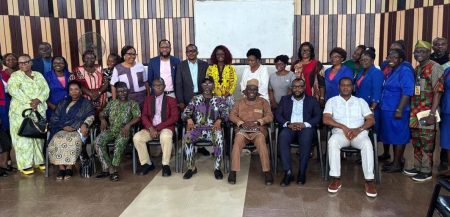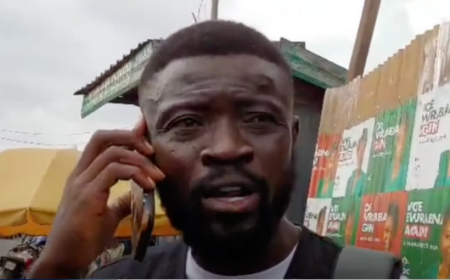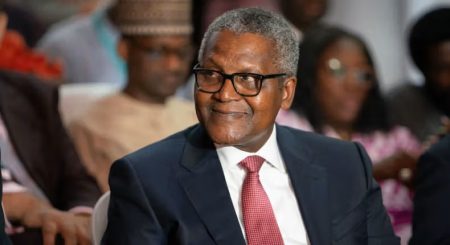The Nigeria Customs Service (NCS) has come under intense scrutiny for its proposed 2025 budget, which allocates a staggering N14.39 billion for the procurement of 579 new official vehicles. This substantial expenditure, which includes luxury vehicles priced between N44 million and N75 million for senior officers, has drawn sharp criticism from civil society groups who decry the move as wasteful and insensitive, particularly in light of Nigeria’s challenging economic climate. The proposed purchase of high-end brands like BYD, CHANGAN, MAXUS, and NISSAN for top-ranking officials—Comptrollers, Assistant Comptroller-Generals, and Deputy Comptroller-Generals—has sparked accusations of misplaced priorities and a disconnect between the government and the struggles faced by ordinary citizens.
The detailed breakdown of the vehicle acquisition plan reveals a pattern of lavish spending. Twenty CHANGAN CS95 vehicles are earmarked for Assistant Comptroller-Generals at N68 million each, totaling N1.36 billion. Similarly, 15 MAXUS D90 SUVs are slated for Deputy Comptroller-Generals at N70 million each, amounting to N1.05 billion. The budget also includes 20 QIN BYD Hybrid sedans for ACGs at N65 million each (N1.3 billion) and 15 HAN BYD Hybrid sedans for DCGs at N75 million each (N1.125 billion). A further N9.55 billion is allocated for 180 sedans for Comptrollers, including NORD C3, MIKANO CHAGGAN EADO, and NISSAN MG5 models priced at N44.625 million each. The remaining funds are designated for the procurement of 50 NORD TUSK trucks, 50 NISSAN NAVARA trucks, 100 JIM 4WD trucks, and 10 thirty-seater buses, ostensibly for administrative and operational purposes.
Critics argue that this extravagant expenditure is particularly egregious considering the NCS’s own activities. The agency regularly seizes smuggled vehicles, often luxury models, for customs duty violations. In 2024 alone, the NCS confiscated 397 vehicles valued at N5.64 billion, alongside other contraband goods. In 2023, a significantly higher number, 3,491 vehicles with a Duty Paid Value of N2 billion, were impounded. Anti-corruption groups like Transparency and Accountability Group (TAG) and the Centre for Anti-Corruption and Open Leadership (CAROL) contend that these seized vehicles, after necessary repairs, could adequately serve the operational needs of the service, thus negating the need for the proposed multi-billion naira purchase. This approach, they argue, would demonstrate fiscal responsibility and a commitment to prudent resource management.
Ayo Ologun, the convener of TAG, questioned the sincerity of the NCS, pointing to the apparent contradiction of generating revenue while simultaneously engaging in wasteful spending. He emphasized the availability of seized luxury vehicles that could be refurbished at a fraction of the cost of purchasing new ones. Ologun challenged the logic of auctioning off impounded vehicles and then spending significantly more on new imports, arguing that such practices contribute to unnecessary public expenditure and represent hypocrisy within the government. This sentiment is echoed by Debo Adediran, Executive Director of CAROL, who described the planned procurement as “obscene opulence.”
Adediran criticized the lack of empathy displayed by government agencies, particularly during a period of economic hardship for many Nigerians. He stressed the importance of prioritizing essential services like healthcare and education over extravagant spending on official vehicles. Adediran questioned the necessity of new vehicles, especially considering the existing fleet, highlighting the common governmental practice of replacing serviceable vehicles with new ones, a pattern he views as indicative of misplaced priorities and a disregard for public funds. He condemned the display of “unbridled immoral affluence” while many citizens struggle to make ends meet, emphasizing that such actions breed public frustration and resentment towards the government.
The NCS’s proposed vehicle purchase underscores the ongoing debate surrounding fiscal responsibility and transparency within the Nigerian government. The significant allocation for new vehicles, particularly luxury models for senior officials, has ignited public criticism and raised concerns about the judicious use of public funds. Civil society groups argue that the existing pool of seized vehicles provides a viable and cost-effective alternative, urging the NCS to reconsider its plans and prioritize the needs of the citizens over extravagant spending. This controversy highlights the urgent need for greater accountability and transparency within government agencies to ensure that public resources are utilized responsibly and effectively.


